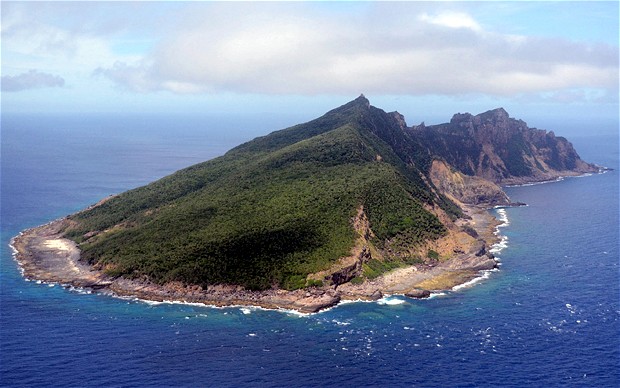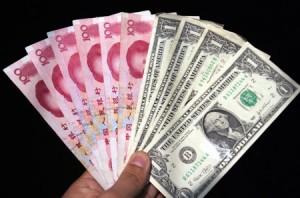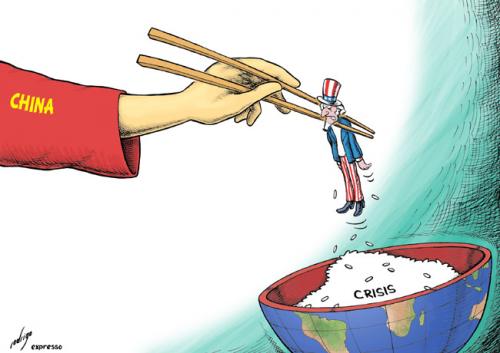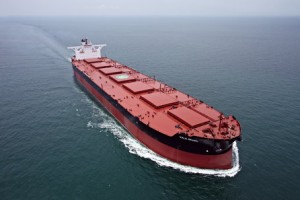A wave of anti-Japanese protests in China erupted following the Japanese government’s purchase of islands in the East China Sea. The islands were previously owned by a Japanese family but it is the nationalisation of the islands that is troubling the Chinese government.
The violent protests resulted in many Japanese businesses temporarily shutting down and an overall drop in the demand of Japanese goods. Honda, Toyota and Nissan sales dropped. China is Honda’s second largest market and they reported a 40.5% drop in sales in September. Honda’s shares also dropped down to 9 month lows. Following all of this, Honda reduced their yearly forecasted profit by one fifth.
This story in the news is a clear example of how politics directly affects businesses. Honda’s sales are directly being affected by the territorial dispute. It’s interesting to see how people’s taste in product can change so quickly due to external factors. Honda had to revise their forecasted profit taking into consideration the unexpected change in demand. This is why forecasting demand is so hard; it’s impossible to know what sort of situation or problem is going to occur in the future that will directly impact a company.
Articles:
http://sg.finance.yahoo.com/news/honda-slashes-net-profit-forecast-031712823.html
http://edition.cnn.com/2012/09/24/world/asia/china-japan-dispute-explainer/index.html








